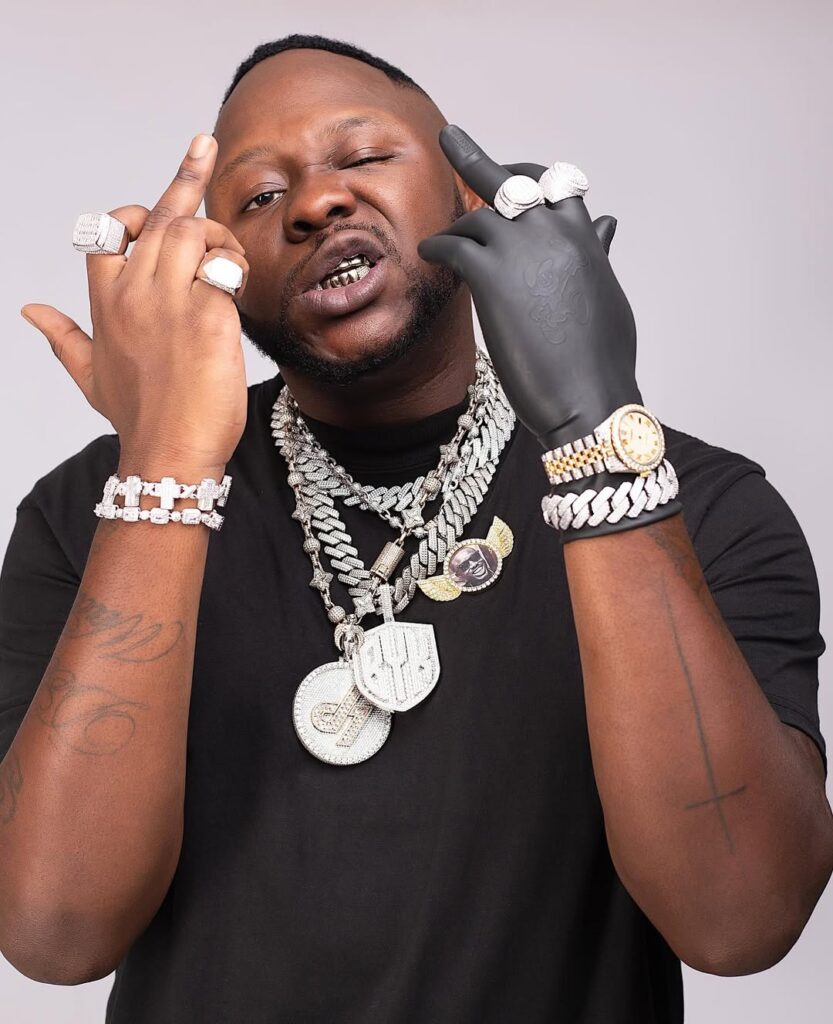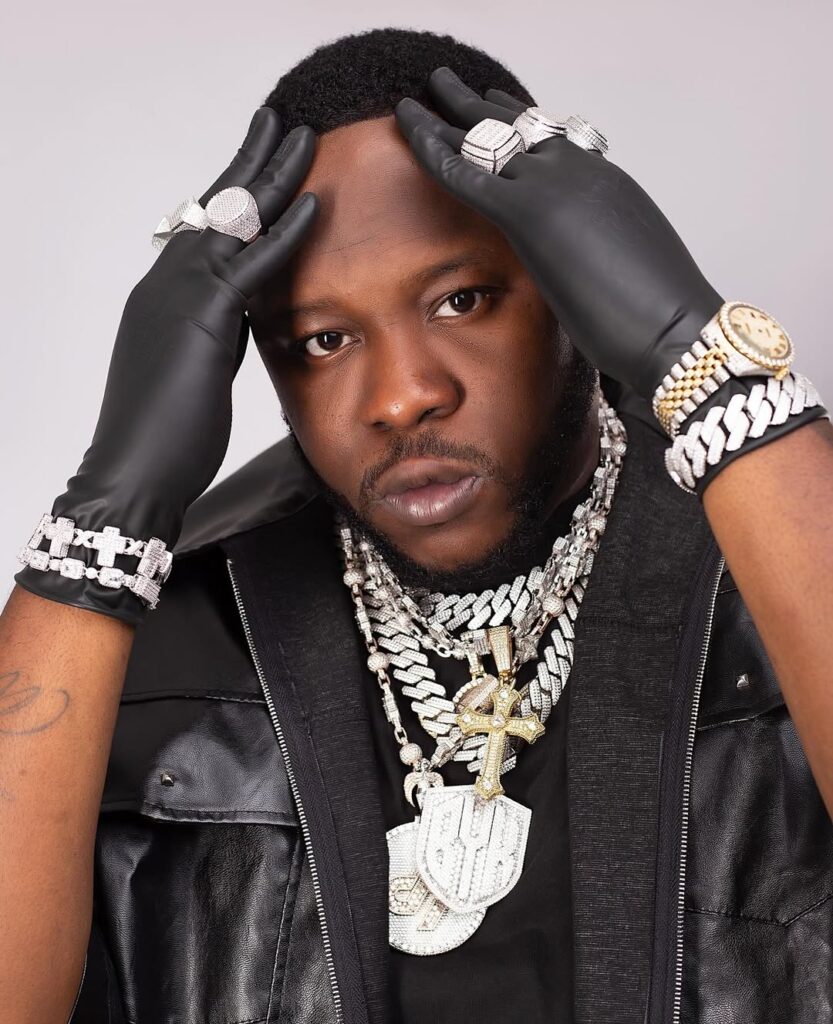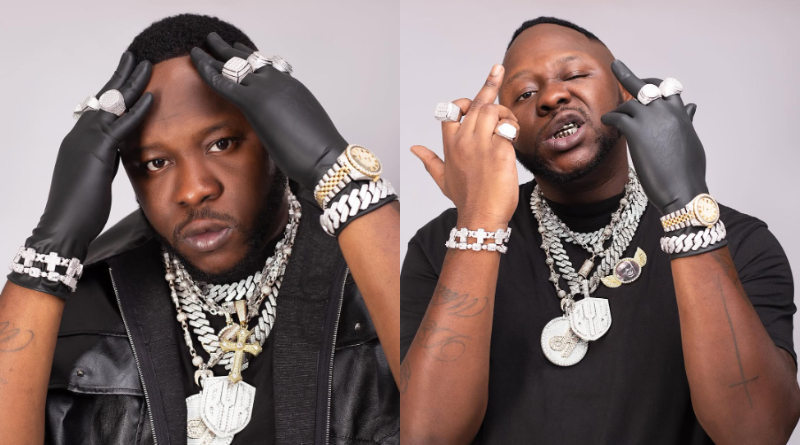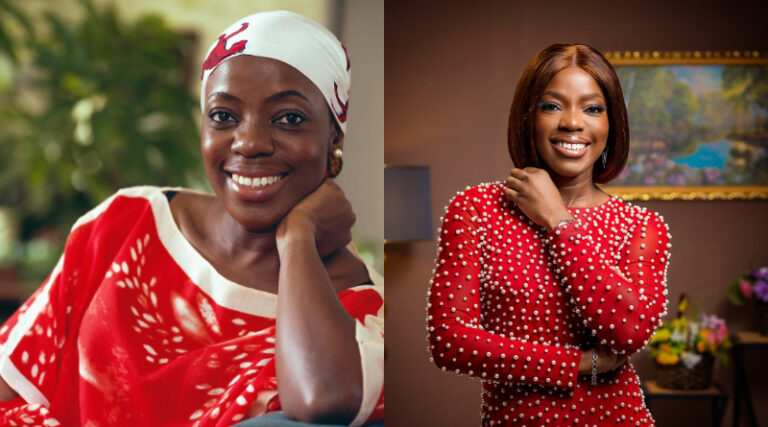Award-winning Ghanaian rapper Samuel Adu Frimpong, widely known as Medikal, has officially addressed mounting criticism following an on-stage encounter with a female University of Ghana student that occurred during his performance on Saturday, June 14, 2025.
The incident took place during the Evandy-Bani Hall Week celebration and was captured in a now-viral video showing Medikal interacting closely with a female student on stage. The footage immediately sparked online outrage, with many accusing the rapper of inappropriate behavior and calling for accountability.

In response, Medikal released a video statement on social media, vehemently denying any wrongdoing. According to him, the interaction was entirely innocent and misinterpreted by the public.
“I invited one of my fans on stage and wanted to dance with her,” Medikal explained. “But I later found out she had a boyfriend, so I respected that and let her go.”
He clarified that the fan was someone he had never met before and emphasized that inviting fans on stage is a common practice to energize performances. However, it was a hug between the two, during which his hand appeared to make brief contact with the fan’s backside, that triggered the strongest reactions online.
Medikal acknowledged the specific moment and explained it was purely accidental.
“When I called her to come on stage, I wasn’t even looking, and my hand fell somewhere unintentionally when I was hugging her. A lot of people are reading different meanings into it,” he said.
He urged Ghanaians not to frame the moment as harassment, stressing his deep respect for women and individuals in general.
“I would never harass anyone. I respect women, I respect people. There was no bad intention,” he stated.
The student, whose identity has not been disclosed publicly, appeared visibly uncomfortable in the video — at one point covering her mouth with her hand. This expression fueled further debate on social media, with some users claiming it showed distress.
Medikal’s statement has drawn mixed reactions online. While some fans have rallied in his defense, accepting his clarification and praising his humility, others have called for greater sensitivity and awareness from public figures during live performances.

This incident has reignited the ongoing national conversation about artist-audience boundaries in Ghana’s entertainment industry. As more artists are called to uphold professionalism both on and off the stage, this controversy serves as a reminder of the scrutiny that comes with fame.
Whether Medikal’s explanation will settle the public debate remains uncertain, but one thing is clear — the eyes of fans, critics, and industry watchers remain firmly fixed on how Ghanaian artists conduct themselves during public interactions.




